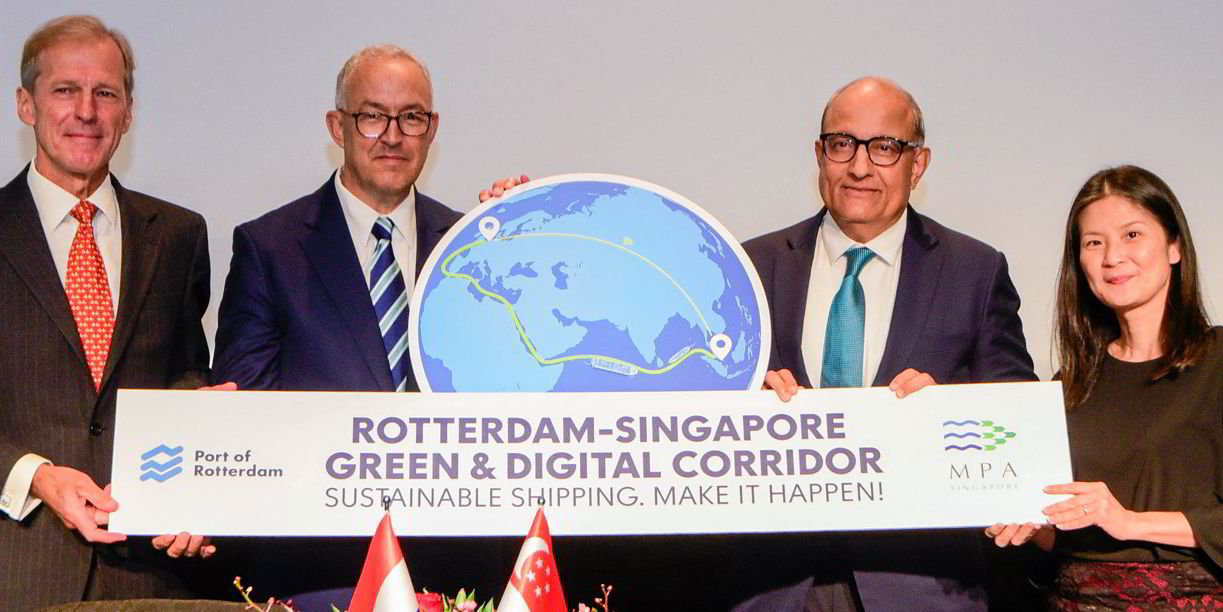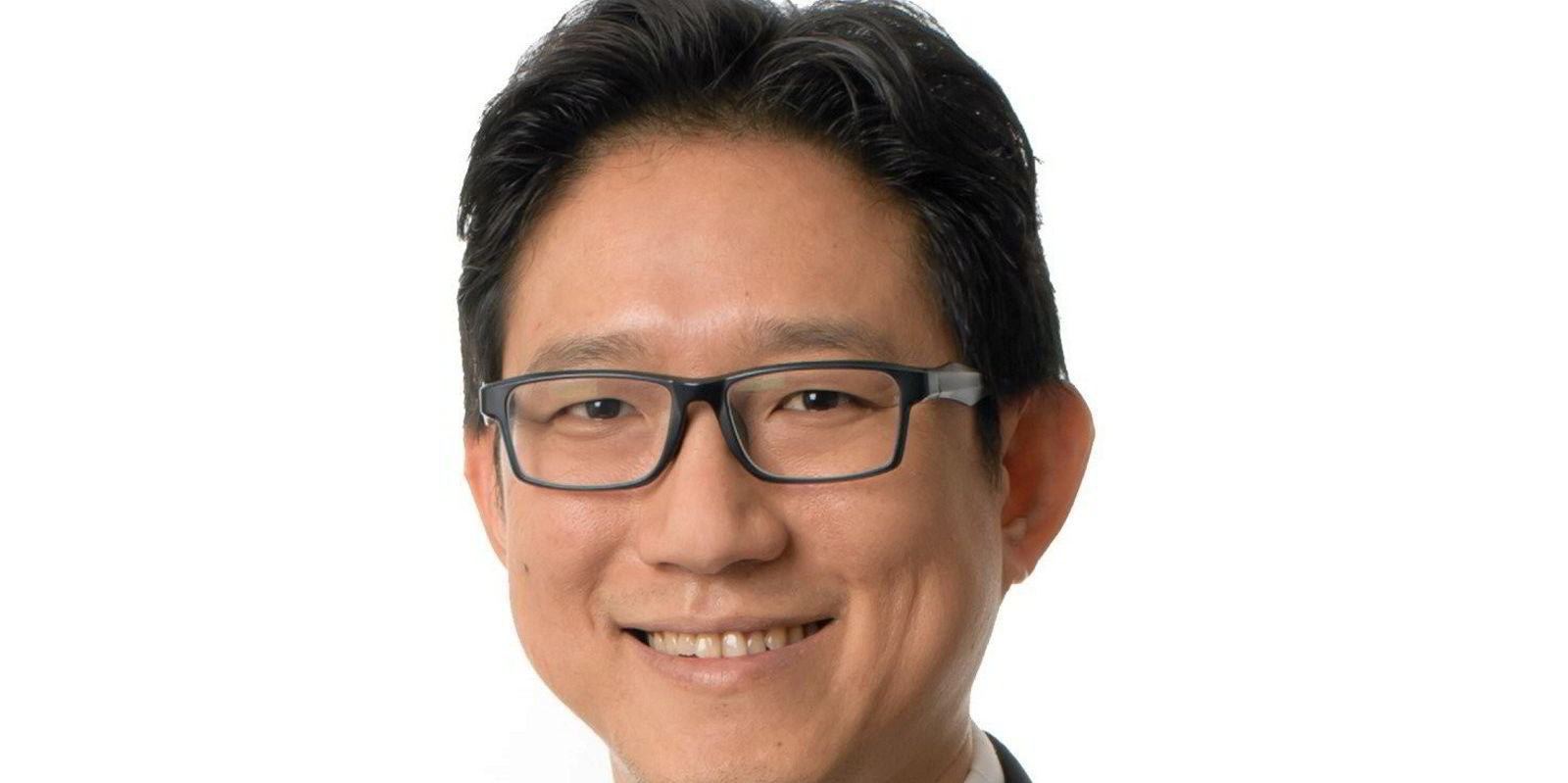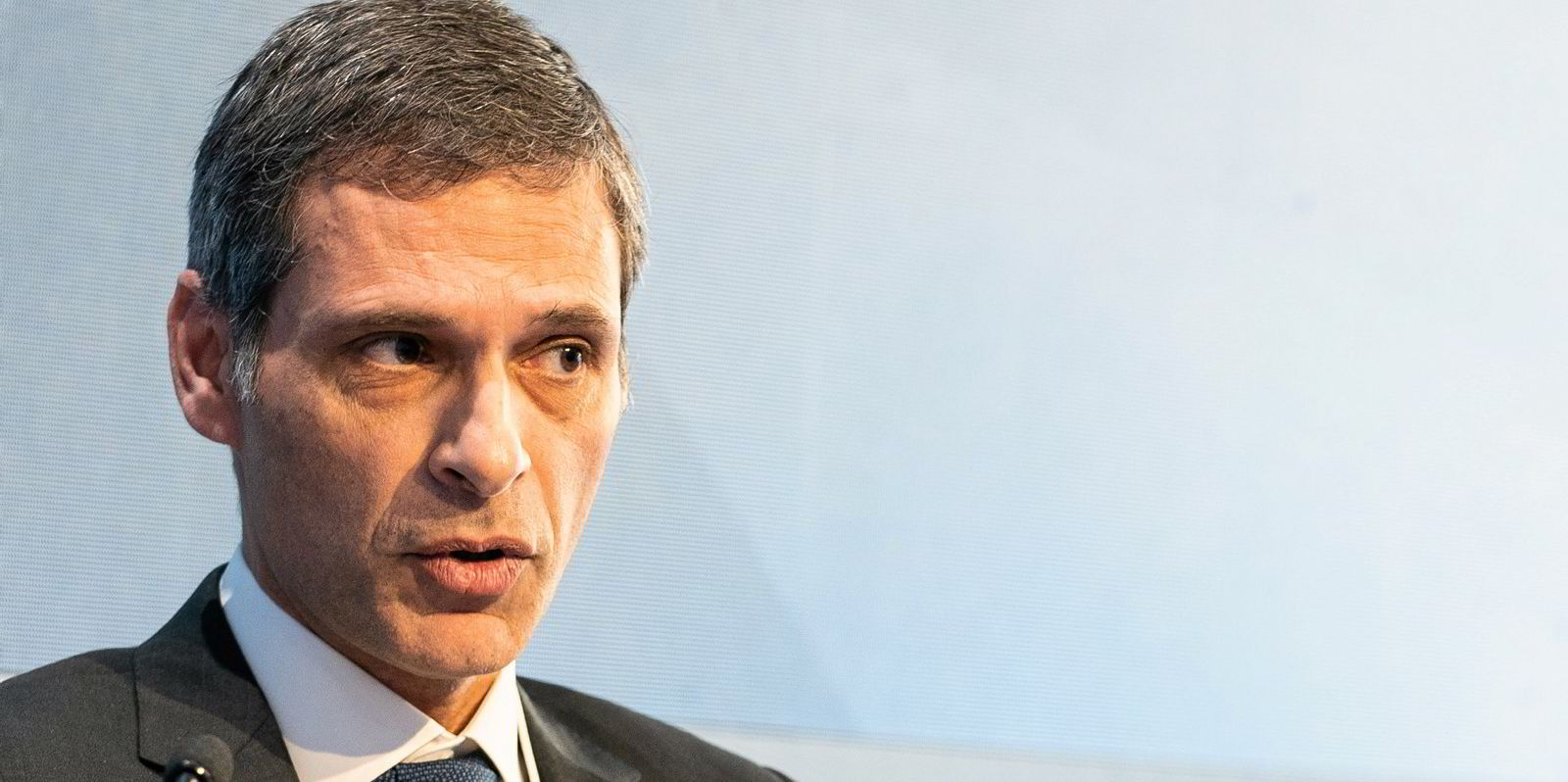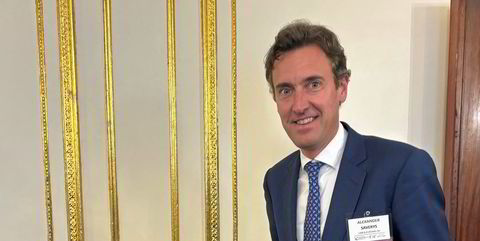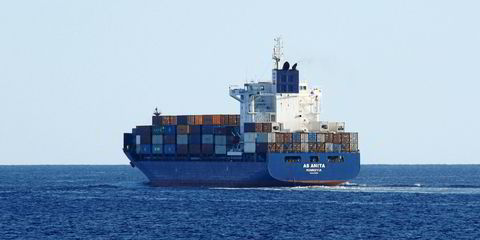Rotterdam and Singapore have agreed to develop the world’s longest green shipping corridor for low and zero-carbon shipping.
The Maritime & Port Authority of Singapore (MPA) and the Port of Rotterdam signed a memorandum of understanding to establish the green and digital corridor on the sidelines of the biennial World Cities Summit in Singapore.
The aim is to bring together stakeholders across the supply chain to realise the first sustainable vessels sailing on the route by 2027, the partners said at the signing by MPA chief executive Quah Ley Hoon and Allard Castelein, chief executive of the Port of Rotterdam.
Singapore and Rotterdam are among the largest bunkering ports in the world, making them vital links on Asia-Europe shipping lanes for the supply of alternative fuels.
To tackle the challenges associated with the development and supply of greener fuels such as synthetic methane, hydrogen and hydrogen-based fuels, including ammonia and methanol, the port authorities want to bring together a broad coalition of shippers, fuel suppliers and other companies to work collectively on potential solutions.
The agreement also aims to optimise efficiency, safety and the transparent flow of goods by creating a digital trade in which data, electronic documentation and standards are shared.
“This will facilitate the seamless movement of vessels and cargo, and optimise just-in-time arrival of vessels from port to port,” they said.
Castelein said shipping is among the most important industries to decarbonise due to its international reach and volume.
“By bringing together parties across the supply chain along one of the world’s biggest trade lanes, we can enable carriers to switch to zero-carbon fuels and speed up the transition to more sustainable shipping,” he said.
Quah said the agreement strengthens the strong partnership between the two cities, and reaffirms Singapore’s commitment to facilitating a multi-fuel bunkering transition as part of the Maritime Singapore Decarbonisation Blueprint 2050.
The port authorities will work with the Global Centre for Maritime Decarbonisation and the Maersk Mc-Kinney Moller Center for Zero-Carbon Shipping as well as other industry partners.
They will include BP, CMA CGM, Digital Container Shipping Association, AP Moller-Maersk, Mediterranean Shipping Co, Ocean Network Express, PSA International and Shell to raise investment confidence, attract green financing and kick-start joint green bunkering pilots and trials for digitalisation.
The deal was witnessed by S Iswaran, Singapore’s minister for transport and minister-in-charge of trade relations, who said the agreement “demonstrates how like-minded partners can work together to complement the efforts of the IMO”.
“It will serve as a valuable platform to pilot ideas that can be scaled up for more sustainable international shipping,” he added.
Bo Cerup-Simonsen, chief executive of the Maersk Mc-Kinney Moller Center, described the Singapore-Rotterdam green corridor as a bold project that would support first movers.
“Connecting globally leading partners around one of the major trade lanes will allow us to demonstrate concrete, scalable decarbonisation solutions that can inform and inspire industry as well as policymakers around the world,” he said.
